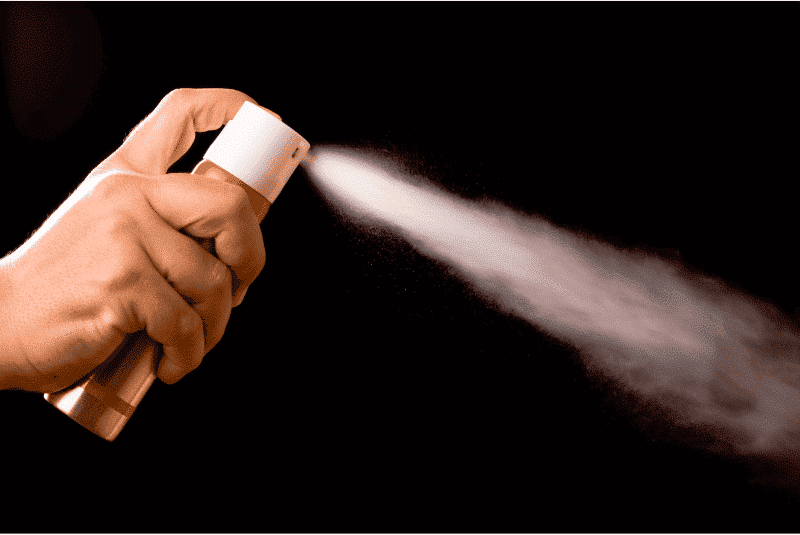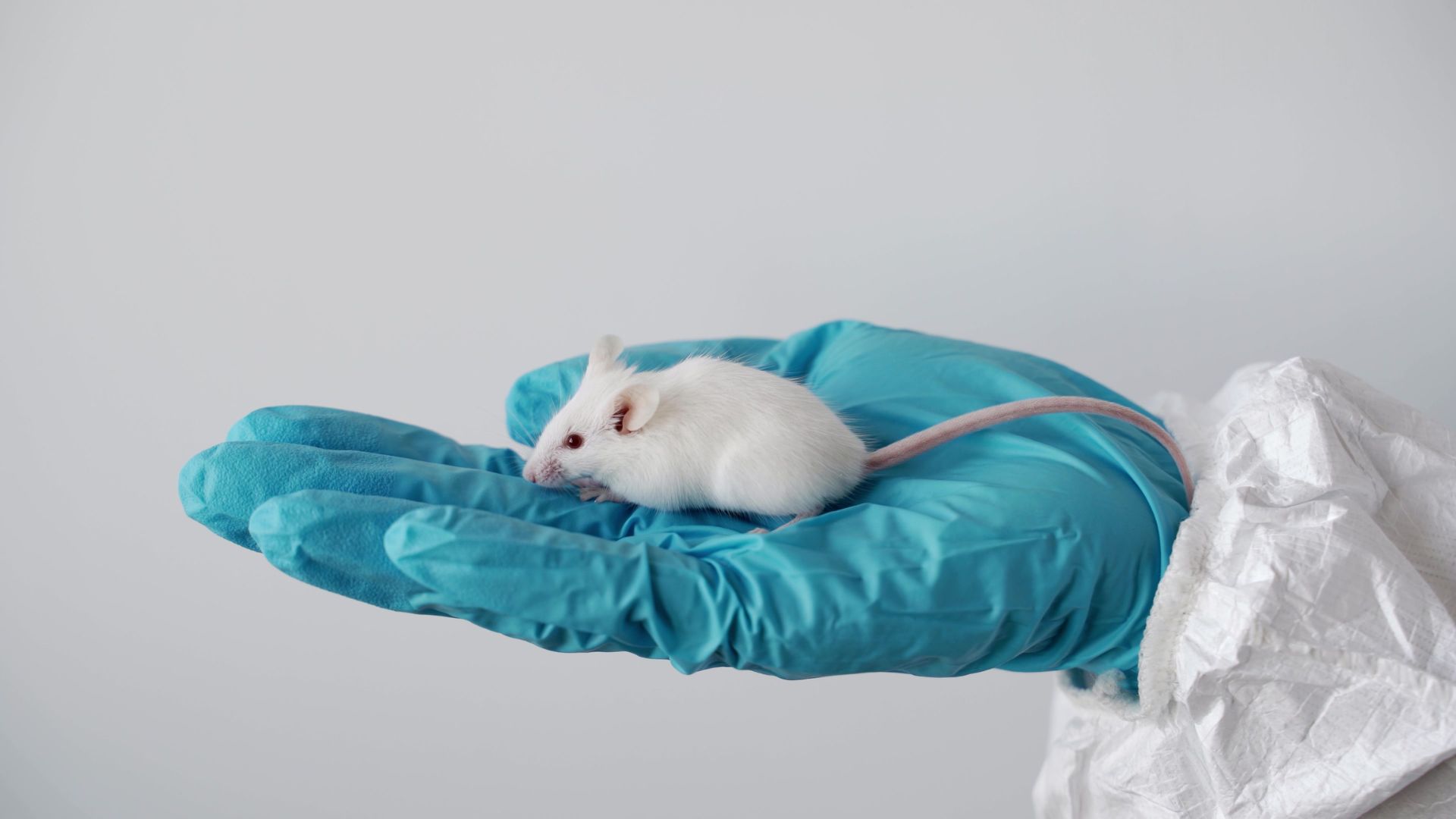Proctor and Gamble (P&G) recently recalled more than 30 aerosol hair products ahead of the Personal Care Products Safety Act due to the presence of benzene, a chemical that can cause cancer. The affected products include dry shampoos, dry conditioners, and various styling products.
The recall occurs as drafts of the Personal Care Products Safety Act remains with legislative sponsors. If passed, the Act could help prevent companies from marketing cosmetics that contain potentially harmful ingredients by giving the U.S Food and Drug Administration (FDA) authority to regulate cosmetics as it regulates other industries.
Registrar Corp’s services for cosmetic companies
Cosmetic companies that need assistance with FDA requirements can contact Registrar Corp, a leading FDA compliance consultant. Our Regulatory Specialists can review your labeling for compliance, register your cosmetics establishment with FDA, assist with reporting under the California Safe Cosmetics Act, and more.
For more information, call us at +1-757-224-0177, email us at info@registrarcorp.com or chat with a Regulatory Advisor 24-hours a day at www.registrarcorp.com/livechat.
Read on for more about P&G’s recall and the impact the Personal Care Products Safety Act would have on the cosmetics industry if passed.
P&G Recalls Ahead of the Personal Care Products Safety Act
On December 17, 2021, P&G announced that it was voluntarily recalling certain dry shampoos and conditioners due to the presence of benzene. Benzene is a human carcinogen that has been linked to cancer upon exposure through inhalation, skin absorption, or oral consumption.
The recall notice identifies affected brands as Pantene, Herbal Essences, Hair Food, Old Spice, and Aussie. This recall follows an earlier recall in November 2021 in which P&G recalled aerosol deodorants and sprays, also in response to the presence of benzene.
The financial and reputational effects of a recall can be extensive for a cosmetics company. For both the November and December recalls, P&G not only ceased manufacturing affected products, but it also instructed consumers who already purchased the products to discard them. The company has also urged retailers to throw affected products away. P&G offered full refunds to customers who submit a refund request.
What is the Personal Care Products Safety Act?
The proposed Personal Care Products Safety Act seeks to give FDA increased regulatory authority over the U.S. cosmetics industry to improve consumer safety. Currently, cosmetics produced in the U.S. are not subject to screening before entering the market. FDA can refuse non-compliant cosmetics at the port of entry. However, given the large number of such imports, potentially unsafe products often enter into the U.S. market. This creates a reactive approach to assessing cosmetics for consumer safety, as opposed to a preventative approach.
If passed, the Act would give FDA the authority to regulate cosmetics through regulatory methods the agency uses for other industries. Increased regulations could help prevent dangerous substances from entering the U.S. cosmetics market. The Act would also give FDA authority to issue mandatory recalls on non-compliant products.
Regulatory procedures the Personal Care Products Safety Act would establish for cosmetic establishments include:
- Mandatory facility registration and renewal – Facilities that manufacture, process, or (in some cases) distribute cosmetics for use in the United States would be required to register with FDA. Non-U.S. cosmetic facilities would need to designate a U.S. Agent to act as a communications link between FDA and the foreign firm.
- Good manufacturing practices (GMPs) – The Act would allow FDA to establish GMPs that would provide enforceable standards for FDA to reference during inspections.
- Reporting serious adverse events – Facilities would need to submit reports of health-related events associated with the use of a cosmetic that result in or require medical intervention. This includes an annual report of rash development occurrences.
- Cosmetics ingredients statements – Facilities would need to submit a statement to FDA containing, among other requirements, facility information, the cosmetic’s ingredients, and applicable warnings.
- Ingredient review – FDA would analyze safety data surrounding certain cosmetic ingredients to determine whether they are safe for use without restriction, safe under certain conditions or uses, or not safe for use at all. FDA would have authority to prohibit certain ingredients for use in cosmetics.
The Personal Care Products Safety Act has received bipartisan support and support from several prominent cosmetic companies. Congress has introduced the Act, and it could become law in the coming years.
Registrar Corp’s Cosmetics Services
Cosmetic companies that need assistance with FDA requirements can contact Registrar Corp, a leading FDA compliance consultant. Our Regulatory Specialists can review your labeling for compliance, register your cosmetics establishment with FDA, assist with reporting under the California Safe Cosmetics Act, and more.
For more information, call us at +1-757-224-0177, email us at info@registrarcorp.com or chat with a Regulatory Advisor 24-hours a day at www.registrarcorp.com/livechat.








